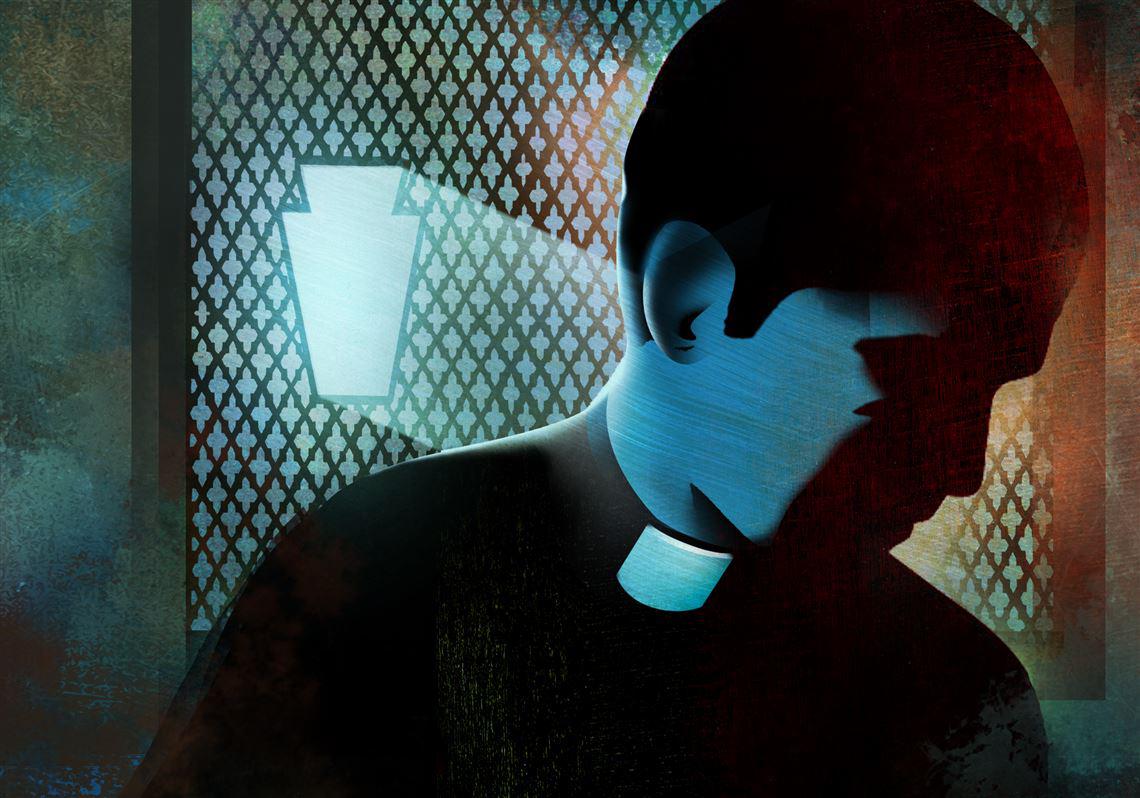|
Legal wrangling intensifies on grand jury report on clergy sexual abuse
By Angela Couloumbis And Liz Navratil
Pittsburgh Post-Gazette
July 20, 2018
http://www.post-gazette.com/news/crime-courts/2018/07/20/Legal-wrangling-intensifies-on-grand-jury-report-on-clergy-sexual-abuse/stories/201807200174
HARRISBURG — Though a judge has cleared the way for the release of a key court document involving the grand jury report on Catholic clergy sexual abuse in Pennsylvania, the state’s highest court on Friday closed for the day without making it public and without explaining why.
The document was written by the state Attorney General’s Office, which led a nearly two-year grand jury investigation of abuse allegations by Catholic clergy in nearly every diocese in the state. It is expected to reveal new details of what is contained in the more than 800-page report the grand jury produced, portions of which lawyers for current and former clergy members are attempting to block on grounds that they are inaccurate or unfair.
Late last week, the state Supreme Court released court filings by lawyers for those clergy members, who are named in the grand jury report but whose identities have not been publicly revealed as a legal battle ensues over the report’s release.
But on Friday, the high court delayed posting the Attorney General’s Office response to their claims — despite a court order earlier in the day by Cambria County President Judge Norman A. Krumenacker III paving the way for its dissemination. He was the judge who oversaw the grand jury’s work.
Stacey Witalec, the spokeswoman for the state Supreme Court, declined to explain why the court had not made the court filing public. The Attorney General’s Office also declined comment.
The wrangling was the latest example of how intense the battle has become over the grand jury report’s release. Dozens of victims of clergy abuse who testified before the grand jury have anxiously awaited its public dissemination and fear that their voices will be silenced again if lawyers for the clergy succeed in court.
In a statement late Friday, State Rep. Mark Rozzi, D-Berks, a survivor of clergy abuse, called the legal jousting in the case “reprehensible.”
“The millions of dollars of congregants’ money spent on lawyers and lobbyists, the secrecy, scare tactics, collusion and disgraceful cover-up of pedophiles — all of it must stop,” he said.
The high court had previously said the clergy members could challenge the attorney general’s response if they believed it contained secret grand jury material. The seven-page order issued Friday by Judge Krumenacker indicated that some had done just that, objecting to the inclusion of passages they contend contain “the specific factual findings” made by the grand jury.
Judge Krumenacker disagreed that the material was subject to grand jury secrecy, saying the attorney general’s response “may be filed as a public record at the discretion of the Pennsylvania Supreme Court.” He also noted that the clergy members raised some additional issues that were outside of his jurisdiction.
The grand jury report is the culmination of an investigation by Attorney General Josh Shapiro’s office into allegations of clergy sexual abuse stemming back decades in six of the state’s eight Catholic dioceses. The other two — Philadelphia and Altoona-Johnstown — have come under similar scrutiny in the past and were not included in the grand jury’s inquiry.
Mr. Shapiro had been expected to make the report public last month. The total number of people named in the report has not been released. But some of the former and current clergy members named in the report — about two dozen —intervened. They appealed to the state’s highest court, claiming that the grand jury’s report violated their right, under the state constitution, to their reputation.
They have also taken aim at the very body that produced the report: the statewide grand jury, an investigatory body that meets in secret and that has been used in the state for decades. The petitioners contend they were stripped of their due process while the grand jury was hearing evidence, leaving them unable to counter evidence prosecutors were presenting.
Under state law, investigating grand juries can recommend charges or produce a report. The law gives the judge supervising the grand jury the discretion to allow individuals who are referenced in the report, but not charged with a crime, to submit a written response prior to the report’s public dissemination.
That is what happened with the grand jury’s clergy abuse report: The six dioceses under scrutiny — Pittsburgh, Harrisburg, Erie, Allentown, Scranton, and Greensburg — were allowed to review it. Individuals who are named in it also received portions of the report that referred to them.
Late last month, the seven-member Supreme Court placed a temporary stay on the report’s release so it could sort through the arguments.
Much of the court fight has played out in secret. Only recently did the justices order that documents related to the case be made public, although in redacted form. Nine media organizations, including the Inquirer and Daily News and the Pittsburgh Post-Gazette, have petitioned the court for access to the full report.
|
